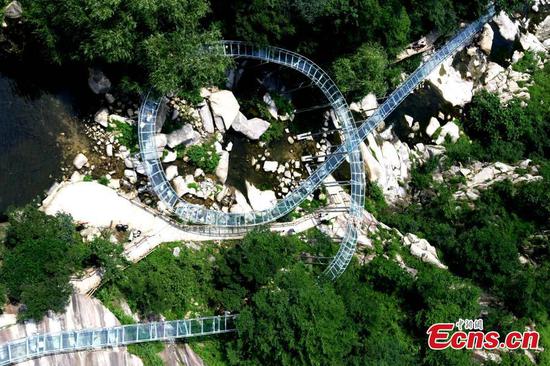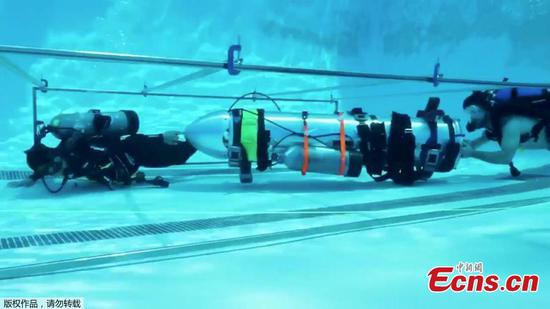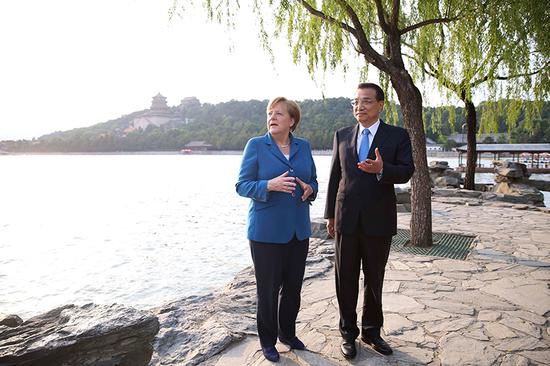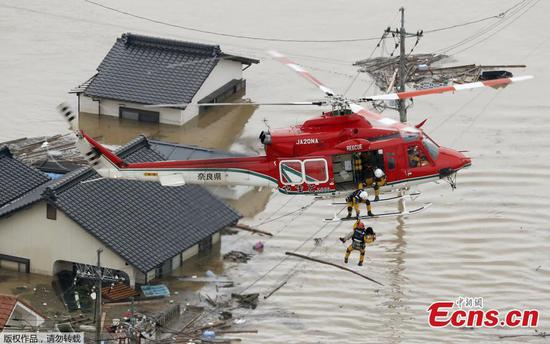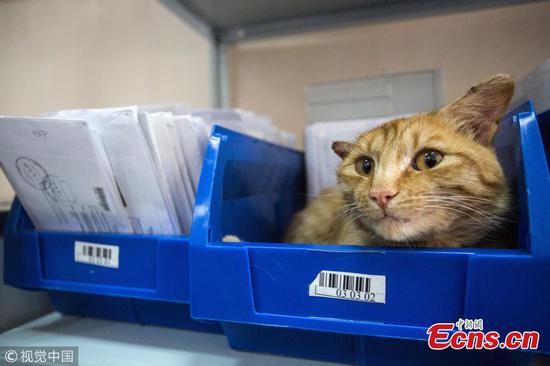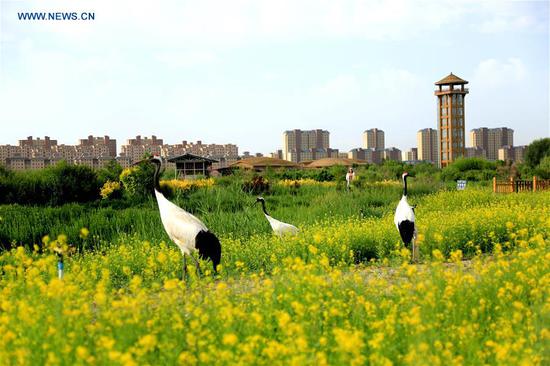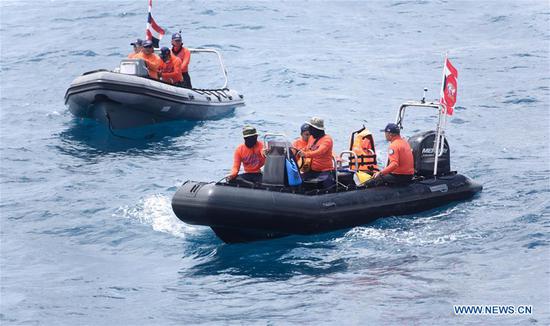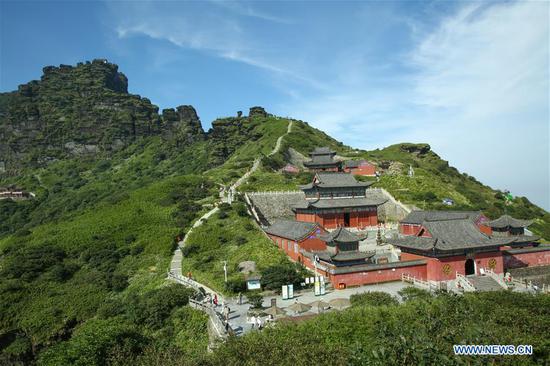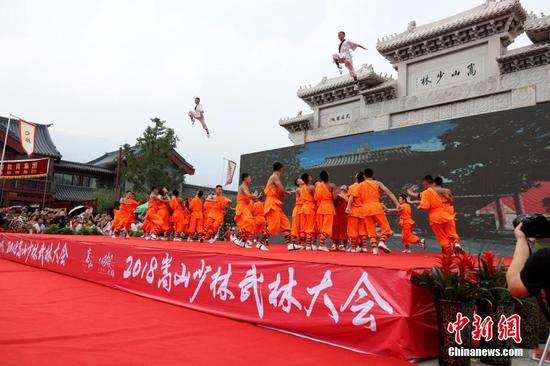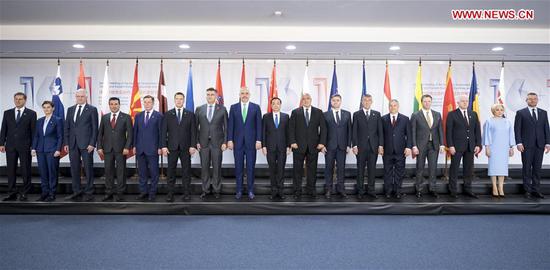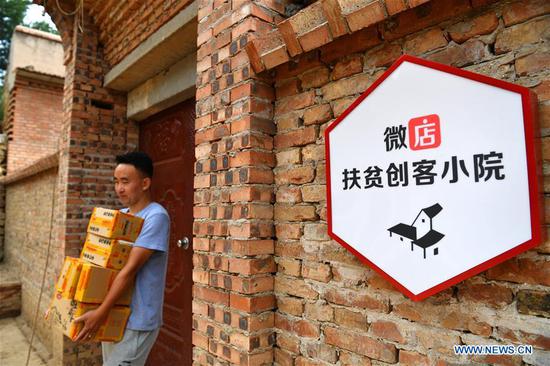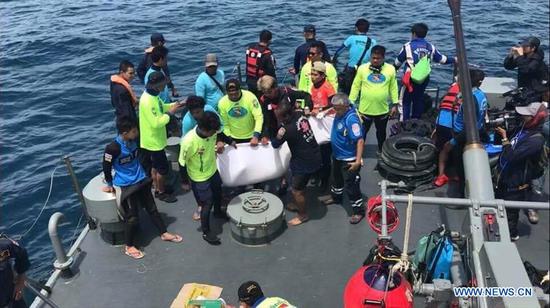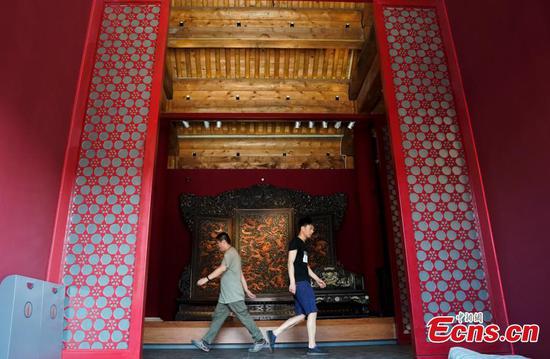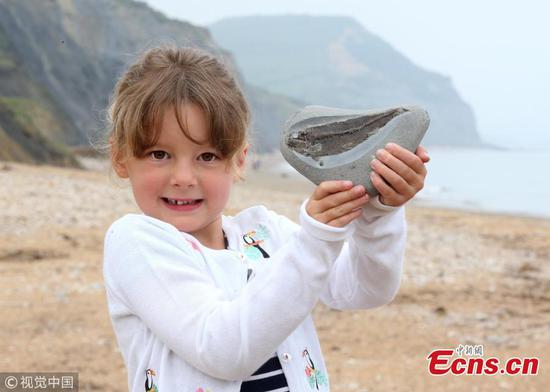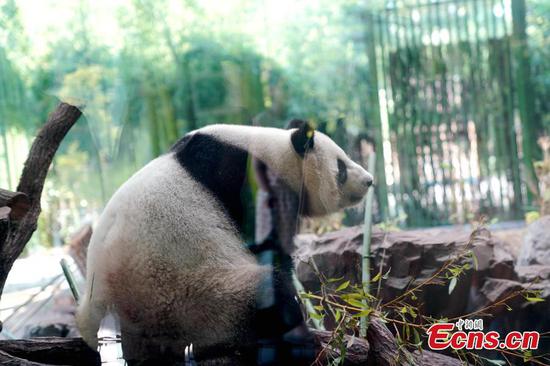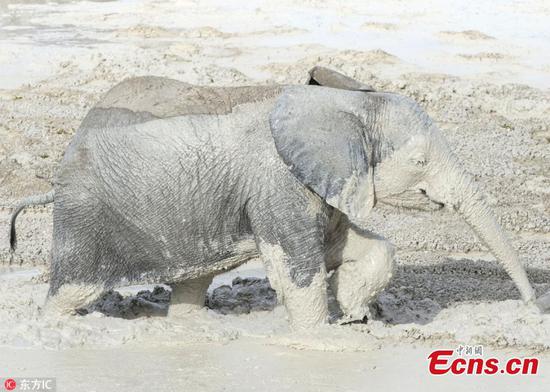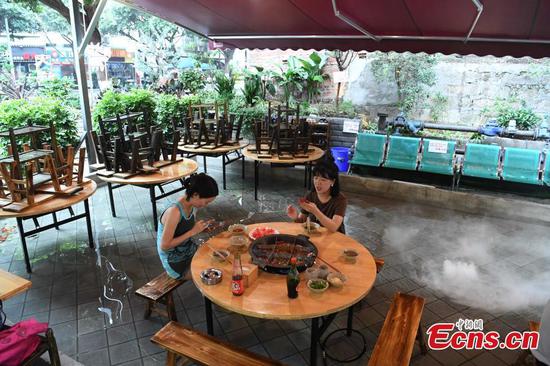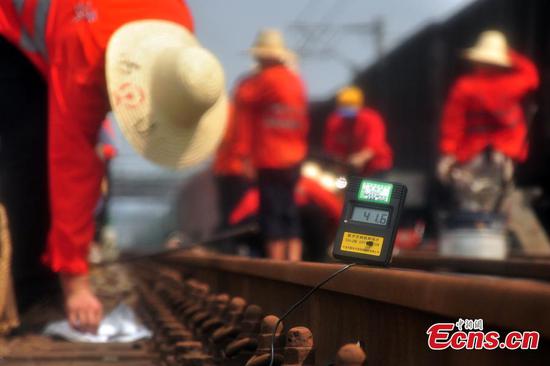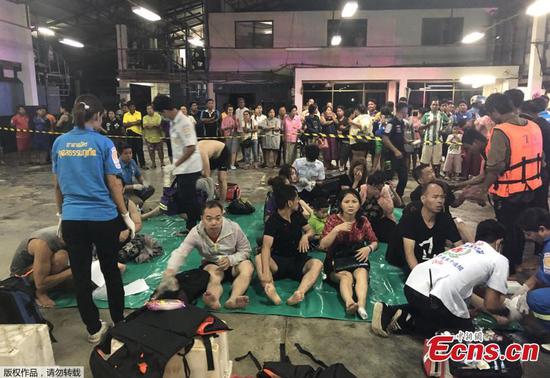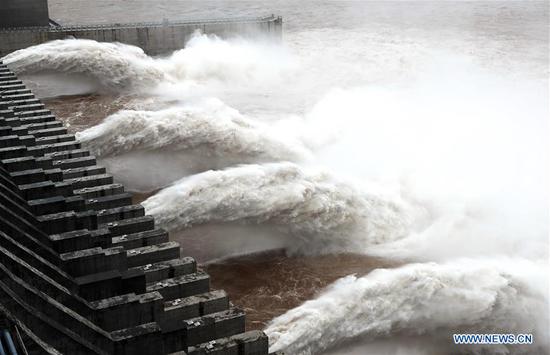
Miao ethnic group women wearing local costumes welcome visitors with traditional beverages during a celebration activity on April 2 to mark the 30th anniversary of Hainan being named a province and a special economic zone. (Photo for China Daily by Sha Xiaofeng)
Hainan's latest tough cooling measures are timely and necessary to prevent the market becoming overheated once more, and reflect its resolve not to rely on property any more for development, according to governor Shen.
He said the real estate industry has made great contributions to local economic development. The sector absorbs half of the investment in Hainan and accounts for half of its tax income.
But he said real estate is unsustainable as a pillar industry in Hainan.
On the one hand, its land resources are non-renewable and limited, and the need for houses from people outside Hainan is limitless. On the other hand, Hainan, as a currently underdeveloped province, does not have sufficient economic resources to build all the infrastructure and public services that would be necessary for vast real estate projects.
The top Chinese leadership has emphasized that houses are for people to live in, not for speculative investments.
The current situation of the realty sector does not fit the new role that Hainan is supposed to play as a pioneer of reform and opening-up in the new era, Shen said.
"We will never let Hainan become a real estate processing plant," the governor said, adding Hainan has fixed guidelines to control the realty sector's growth in a scientific and rational manner.
Building residential housing will be permanently forbidden in the four ecologically sensitive areas in the island's central areas and along the coastlines, according to a provincial development program approved by the State Council last year.
Under the plan, 33.5 percent of Hainan's land areas and 35.1 percent of its offshore areas are delimited within ecological protection lines as key eco-function areas, and ecologically sensitive and fragile areas.
New agenda
Shen said Hainan will make greater efforts to develop tourism, modern service and high-tech industries to help turn the island into an internationally influential tourism center.
Hainan's high-tech industries will highlight the development of a national research and breeding base for the agricultural industry, a national deep-sea research base and an international space city in Wenchang, which lies to the northeast of the island. China's first coastal space launching center is also located in the city.
Shen said Hainan will take the opportunity of building a free trade zone to create a first-class business environment. It will follow market rules strictly; treat all companies equally, no matter if they are State-owned, private, Chinese or foreign; and encourage fair and orderly competition.
"The new positioning of Hainan as a free trade zone and free trade port will fully change the pattern of the province's economic development, and is bound to attract global capital to Hainan. Proper regulation of the housing prices will be one of the challenges the Hainan free trade zone will have to face to manage the development of its industries," said Liu Cheng, director of the investment department of the China Urban Development Research Institute.
"The excessively rapid rise of housing prices will bring negative effects to industrial upgrading, which is not conducive to the internationalization of Hainan. Construction of the pilot free trade zone requires significant systemic support and real estate support is an important aspect," Liu said.
Li Minna, a professor with the Institute of Economics and Management of Hainan Normal University, said that in the future, property buyers from outside the island should refrain from engaging in real estate speculation in Hainan. Instead, they can buy a house to improve their own life and in the meantime, do their bit to help serve local economic and social development.










